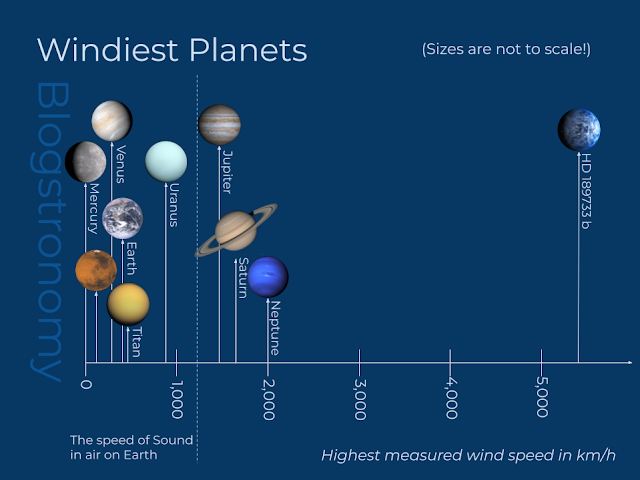Is it possible for humans to create black holes on Earth?
Is it possible for humans to create black holes on Earth? If not, will it ever be possible? - Question posed by Naomi.
I've adapted this post from one I wrote a while ago in response to a similar question over at my personal blog.
A crash course in creating black holes*
As far as I understand it, there are two ways to create a black hole:
As far as I understand it, there are two ways to create a black hole:
1. Get lots of matter and put it all in the same place. By 'lots' I mean at least three times as much stuff as there is in our sun.
The thing is... anybody who has seen any kind of science fiction film, or has any kind of interest in space science at all knows that nothing can escape from a black hole. One thing that most people don't realise, however, is that black holes aren't completely black. They give off energy called Hawking radiation** which actually causes a loss in mass of the black hole. Now, for really massive black holes the amount of energy lost is a lot smaller than the amount they absorb just from the cosmic microwave background, so the net effect is that they keep getting bigger. But an interesting effect of the calculations is that the smaller a black hole, the more radiation*** it emits. So, for a really small black hole, of the kind of size we're talking about being possibly created in one of the LHC's experiments, the science predicts that it will evaporate in a tiny, tiny, teeny, insy-winsy spider-sized fraction of a second after it has been created. It wouldn't have time to start accreting matter, and the biggest problem facing particle physicists would be even noticing it was there in the first place.
In short, the processes that CERN's scientists are trying to recreate have been happening around us naturally for billions of years. We're unlikely to be swallowed up by a black hole of our own making; if it was going to happen the odds are that it would have done so by now!
If you have enough mass, it will collapse in on itself. Now, gravity is a very weak force which is why you need so much stuff to make it all worthwhile; too little stuff and you get things like planets forming instead of black holes. A bit more stuff, and you get things like our star. With enough mass (at least three times what's in the sun), the forces that stop atoms falling in on themselves are no match for the force of gravity, and everything goes weird: a black hole is formed.
The thing with this option is that if anybody wanted to get enough stuff together here on Earth, you'd know about it: you need (as I've said before) at least three Suns' worth of matter before you can even think of forming a black hole, and as the Sun is more than 300,000 times as massive as the Earth, you'd need at least 900,000 (that's nine hundred thousand) times more stuff than we have available to use on this planet**. That's a lot more than would fit inside your dodgy neighbour's garden shed.
2. Get a couple of particles and smack them into each other at very, very, very high speeds.
One possibility for doing this is high energy cosmic rays striking the Earth's atmosphere. Another is by loading the particles into a particle accelerator experiment, such as the LHC, the Large Hadron Collider.The thing is... anybody who has seen any kind of science fiction film, or has any kind of interest in space science at all knows that nothing can escape from a black hole. One thing that most people don't realise, however, is that black holes aren't completely black. They give off energy called Hawking radiation** which actually causes a loss in mass of the black hole. Now, for really massive black holes the amount of energy lost is a lot smaller than the amount they absorb just from the cosmic microwave background, so the net effect is that they keep getting bigger. But an interesting effect of the calculations is that the smaller a black hole, the more radiation*** it emits. So, for a really small black hole, of the kind of size we're talking about being possibly created in one of the LHC's experiments, the science predicts that it will evaporate in a tiny, tiny, teeny, insy-winsy spider-sized fraction of a second after it has been created. It wouldn't have time to start accreting matter, and the biggest problem facing particle physicists would be even noticing it was there in the first place.
In short, the processes that CERN's scientists are trying to recreate have been happening around us naturally for billions of years. We're unlikely to be swallowed up by a black hole of our own making; if it was going to happen the odds are that it would have done so by now!
* Feel free to try this at home- you won't manage it.
** Including the planet itself.
*** Relatively speaking.



Comments
Post a Comment